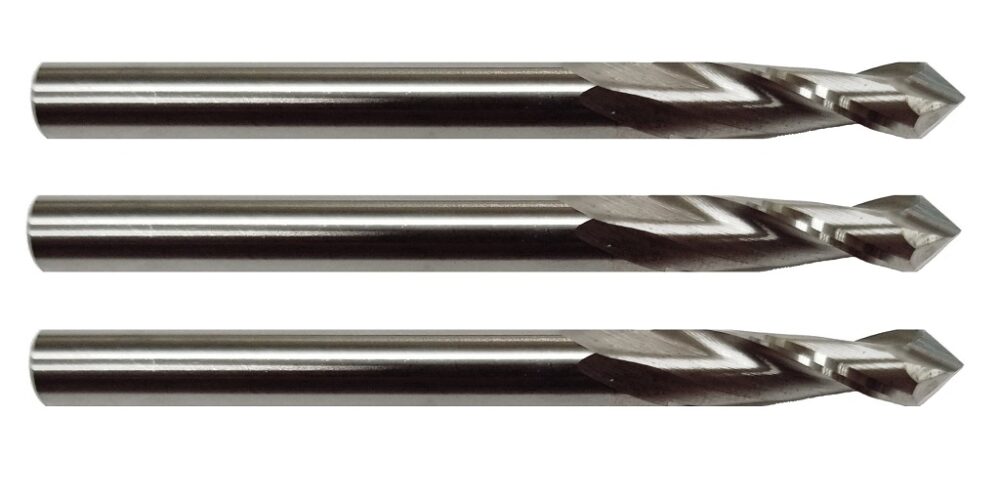Computer numerical control machining has seen a rise in popularity recently. This manufacturing process is not new by any means. However, recent advances in technology have made the equipment and tools required for subtractive manufacturing a lot more accessible than ever.
Other factors also increased the popularity of CNC machining in America and around the world. The recent events pushed a lot of people to become more self-reliant and perform activities at home, hence the rise in popularity of YouTube channels dedicated to this fantastic trade.
With the rise of home mills, there has been a sudden interest in tooling as well. Bits and mills come in many shapes and can be made of different materials, each with different properties and uses. But no two drill mill manufacturers can guarantee the same level of quality for their products. Moreover, trying to find the best bargain when purchasing tools often ends up being a fool’s errand.
HSS Versus Carbide
Most cutting tools today are made of high-speed steel or carbide. Most CNC mill enthusiasts start by using HSS tools as they are easy to find and cheap. HSS tools can be extremely sharp, delivering a great finish on pieces of wood and soft metal.
However, steel is a flexible and malleable metal. It can be great for withstanding tensile forces, but it loses its sharpness with relative ease. It also tends to wobble when driven at high RPMs, this reduces accuracy as steel tools are prone to “walk-off” when they first contact the piece. Heat resistance is not terribly high, so you usually need to be more worried about cooling management.
Carbide tools are a whole different beast. They do go into the expensive spectrum. However, they bring a lot more to the table, making costs irrelevant in the long run.
Carbide, or tungsten carbide, is a super material that results from the combination of tungsten and carbon atoms. It is a ceramic powder but can be pressed using incredible forces to take any shape. It can also be vaporized through a method called physical vapor deposition, in which carbide molecules form an extremely thin layer on tools like drill mills to grant them special cutting properties.
The first advantage of carbide is its hardness. Carbide tools are incredibly rigid, making them more accurate and resistant to abrasion. Carbide tools stay sharp longer, extending tool life way beyond that of steel. Carbide also has refractory properties which make it able to withstand higher temperatures. This allows machine operators to increase cutting speeds and feed rates, making machine shops a lot more productive. Those who want to finish more parts per day, or want to experiment with hard alloys without fear of breaking their tools, greatly benefit from carbide´s hardness and reliability.
But not all carbide tools are made equal. Finding a carbide drill mill manufacturer that follows strict quality (and environmental) protocols is paramount if you want your machine tools to yield the desired results. We find that the best drill mill manufacturer dedicated to crafting high-performance carbide tools is Online Carbide. Their tools are 100% made in America, and they offer incredible manufacturer direct prices. Check out their website or give them a call to find out more about their great products.












